Savannah Cat Information: A Comprehensive Guide
Savannah cats, a captivating hybrid breed resulting from the crossbreeding of a domestic cat and a serval, are renowned for their striking appearance and unique personalities. Their wild ancestry lends them an exotic allure, but prospective owners should carefully consider the significant responsibilities involved in caring for these intelligent and active felines. This comprehensive guide delves into the essential aspects of Savannah cat ownership, providing detailed information on their characteristics, care requirements, and potential challenges.
What are the defining physical characteristics of a Savannah cat?
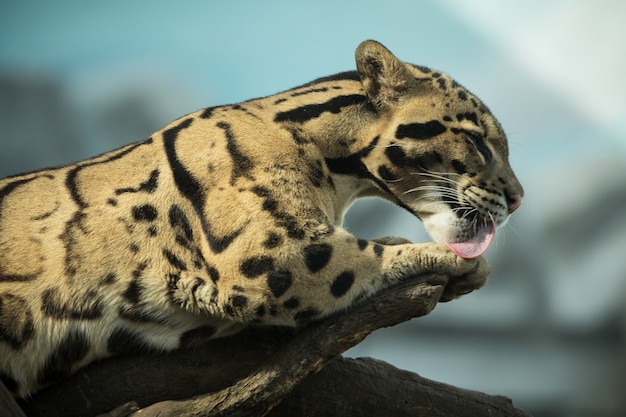
The Savannah cat's most distinguishing feature is its elongated, slender build, reminiscent of its wild serval ancestor. They possess long, elegant legs and a relatively long tail, contributing to a graceful and agile appearance. Their large, expressive ears, often described as "bat-like" due to their prominent size and shape, further accentuate their exotic look. The ears are highly sensitive and rotate to capture even the faintest sounds.
Their coat is short and fine, usually exhibiting a distinctive spotted pattern, although variations in coat colour and spotting are common. The spots can range from dark brown or black on a light tan or beige background to more subtle markings. Some Savannahs may even display a rosetted pattern, where the spots are clustered into rosette shapes. Their eyes are typically large and expressive, often appearing golden or green, adding to their captivating gaze. The overall appearance varies significantly based on generation (F1, F2, etc.), with earlier generations possessing more prominent serval features.
| Feature | Description |
|---|---|
| Body Structure | Elongated, slender body; long legs; long tail |
| Ears | Large, prominent, "bat-like" |
| Coat | Short, fine; spotted or rosetted pattern; various colours |
| Eyes | Large, expressive; often gold or green |
What are the different generations of Savannah cats (F1, F2, etc.) and how do they differ in appearance and temperament?
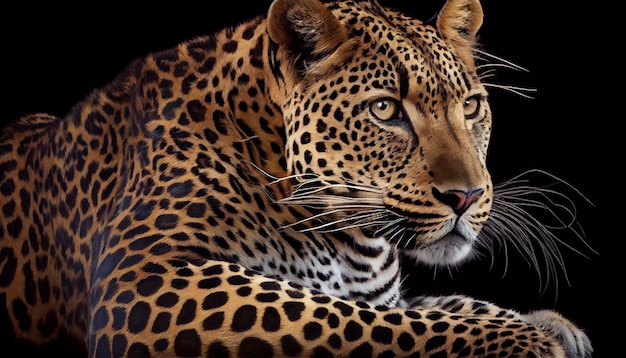
Savannah cats are categorized by generation (F1, F2, F3, etc.), representing their distance from the original serval ancestor. F1 Savannahs are the first generation, directly resulting from a breeding between a serval and a domestic cat. They exhibit the most pronounced serval characteristics, both physically and temperamentally. Their size is often larger, and they tend to be more active and independent.
As the generations progress, the physical traits become less pronounced. F2 Savannahs (resulting from breeding an F1 with a domestic cat) are smaller and less wild-looking than F1s. With each subsequent generation (F3, F4, and so on), the Savannahs increasingly resemble domestic cats in terms of size, appearance, and temperament, becoming generally more docile and easier to manage. However, even higher-generation Savannahs retain some of the unique characteristics of their ancestry, like their playful nature and intelligence.
| Generation | Appearance | Temperament | Size |
|---|---|---|---|
| F1 | Strong serval characteristics; large, wild look | More energetic, independent, potentially demanding | Largest |
| F2 | Less pronounced serval traits; smaller size | More manageable, but still active and playful | Medium |
| F3 & Beyond | Mostly resemble domestic cats | Generally calmer and easier to handle, retains playfulness | Smaller |
How much does a Savannah cat cost, and what factors influence the price?
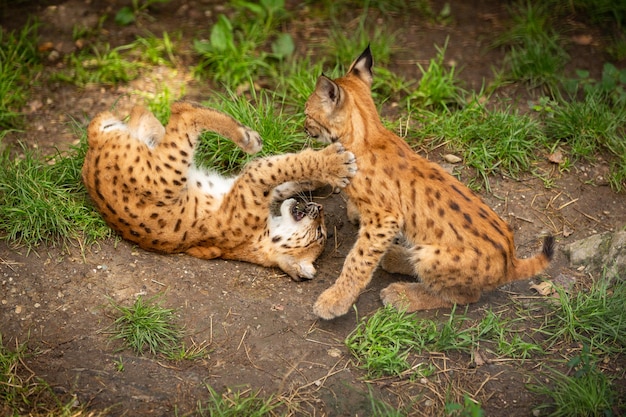
The cost of a Savannah cat varies significantly, primarily dependent on its generation. F1 Savannahs, being the rarest and most closely resembling their serval ancestors, are the most expensive, often commanding prices in the thousands of pounds/dollars. Prices gradually decrease with each subsequent generation. F2 Savannahs are considerably cheaper, and the cost continues to decline as the generation number increases.
Other factors influencing price include the breeder's reputation, the cat's lineage (pedigree), and its specific colouring and markings. Breeders with established reputations and those who invest heavily in health testing and responsible breeding practices typically charge more. Rarer coat colours or unique markings can also increase the price.
| Factor | Impact on Price |
|---|---|
| Generation (F1, F2, etc.) | F1s are most expensive; price decreases with each generation |
| Lineage/Pedigree | Strong lineage and champion bloodlines command higher prices |
| Colour and Markings | Rarer and more unique markings increase value |
| Breeder Reputation | Reputable breeders with proven track records charge more |
What is the temperament and personality like of a Savannah cat? Are they good pets for first-time cat owners?
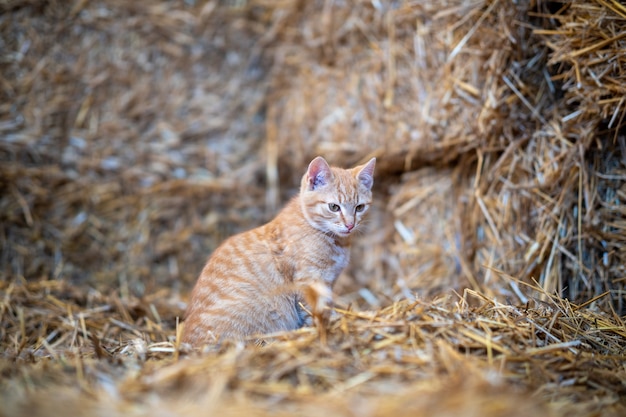
Savannah cats are known for their unique personalities, often described as possessing a blend of wild elegance and domestic affection. They are generally intelligent, playful, and inquisitive creatures, displaying an engaging curiosity about their surroundings. Many owners remark on their dog-like loyalty and willingness to bond strongly with their human companions. They often enjoy interactive play, such as fetch, and can be surprisingly adept at learning tricks.
However, their inherent wild nature should be carefully considered. F1 and F2 Savannahs are typically more demanding and require experienced owners who can provide ample mental and physical stimulation. Their high energy levels, combined with their independent spirit, can be challenging for first-time cat owners. Higher-generation Savannahs (F3 and beyond) tend to be more manageable and display calmer temperaments, making them a potentially more suitable choice for less experienced cat owners.
| Trait | Description | Suitability for First-Time Owners |
|---|---|---|
| Activity Level | Highly active, requires significant playtime and interaction | Lower generations (F3+) more suitable |
| Intelligence | Highly intelligent, learns tricks easily | All generations |
| Temperament | Playful, loyal, but can be independent and demanding (especially F1 and F2) | Lower generations (F3+) more suitable |
What are the specific health concerns associated with Savannah cats?
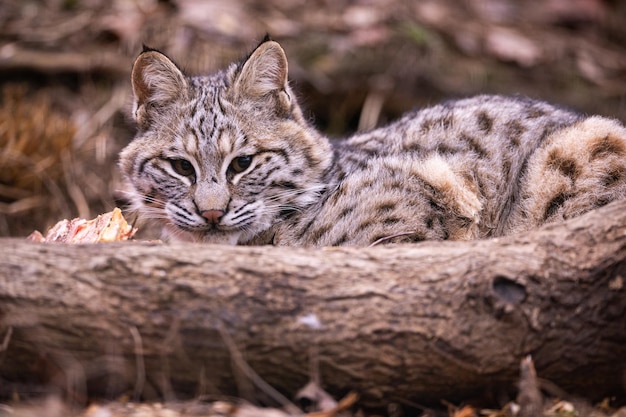
While generally healthy, Savannah cats can be prone to certain health conditions. Hypertrophic cardiomyopathy (HCM), a heart condition, is a significant concern and should be screened for through regular veterinary check-ups and genetic testing. Renal amyloidosis, a kidney disease, is another potential health issue. Careful breeding practices and responsible breeders play a crucial role in minimising these risks.
Given their active nature and long legs, Savannahs can be somewhat prone to injuries from falls. Providing a secure home environment with appropriate climbing structures and minimizing access to dangerous heights is essential. Regular veterinary care, including preventative measures and early detection of any health problems, is paramount to ensuring a long and healthy life for your Savannah cat.
| Health Concern | Description | Prevention/Management |
|---|---|---|
| Hypertrophic Cardiomyopathy (HCM) | Heart condition | Regular veterinary check-ups; genetic testing |
| Renal Amyloidosis | Kidney disease | Regular veterinary check-ups; genetic testing |
| Injury Prone | Risk of falls and injuries | Secure home environment; careful supervision |
What are the grooming requirements for a Savannah cat? How often do they need to be brushed?
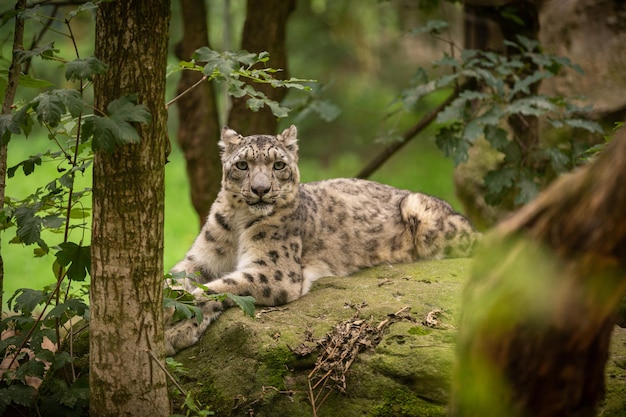
Savannah cats possess a short, easy-to-maintain coat. Regular brushing, approximately once or twice a week, is typically sufficient to remove loose hair and prevent matting. However, this frequency may need to be adjusted based on individual factors, such as seasonal shedding. Occasional baths may be necessary, but only use cat-specific shampoos and avoid over-bathing, which can dry out their skin.
Regular ear cleaning is also important to prevent the build-up of wax and potential infections. Use a cat-specific ear cleaner and only clean the outer ear. Nail trimming is also crucial, as their claws can grow quickly. Trim them regularly to prevent overgrowth and potential discomfort.
| Grooming Task | Frequency | Important Considerations |
|---|---|---|
| Brushing | 1-2 times per week | Adjust frequency based on seasonal shedding |
| Bathing | Occasionally, as needed | Use cat-specific shampoo |
| Ear Cleaning | Regularly | Use cat-specific ear cleaner; clean only outer ear |
| Nail Trimming | Regularly | Avoid cutting into the quick |
What is the lifespan of a Savannah cat?
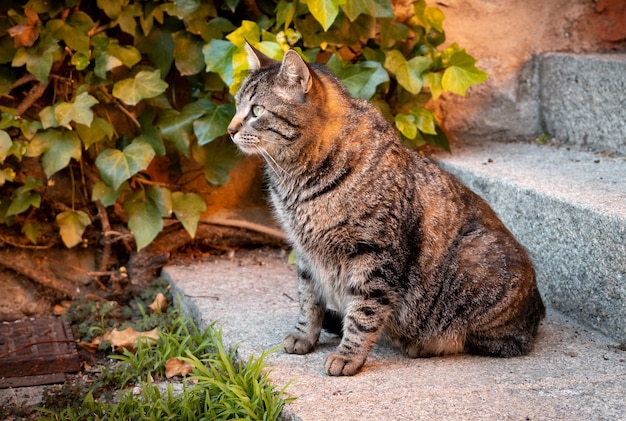
With proper care and a healthy lifestyle, Savannah cats can enjoy a lifespan of 12 to 20 years. Factors such as diet, genetics, and access to quality veterinary care all play a significant role in their longevity. Regular health check-ups, preventative medicine, and a balanced diet contribute to maximizing their lifespan and overall well-being.
| Lifespan | 12-20 years (with proper care) |
|---|
Are Savannah cats legal to own in all states/countries? What are the specific regulations?
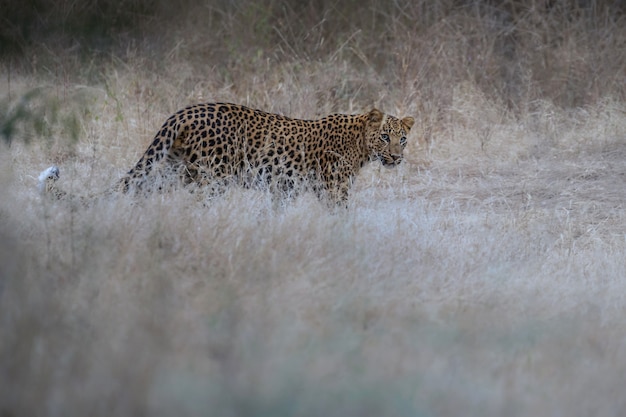
The legality of owning a Savannah cat varies considerably depending on the location. Some regions have outright bans, while others impose restrictions based on the generation. F1 Savannahs, due to their closer resemblance to servals, are more likely to be subject to stricter regulations or outright bans than higher generations (F3 and beyond). Before acquiring a Savannah cat, it's imperative to thoroughly research the specific laws and regulations in your area.
These restrictions often relate to concerns about the conservation of servals and the potential ecological impact of hybrid animals. It's crucial to comply with all local laws and regulations, as violations can result in penalties.
| Legality | Varies significantly by region; research local laws before acquiring a Savannah cat. |
|---|
Where can I find a reputable Savannah cat breeder? What are the signs of a responsible breeder?
Finding a reputable breeder is essential when considering Savannah cat ownership. A responsible breeder prioritizes the health and well-being of their cats, undertaking thorough genetic testing to screen for potential health issues. They maintain clean and sanitary breeding facilities, provide appropriate socialisation for kittens, and actively participate in the cat breeding community. They are open and honest about the cats' lineage, temperament, and any potential health concerns.
Red flags to watch out for include breeders who are unwilling to provide health clearances, sell cats online without proper documentation, or have multiple litters in quick succession. A responsible breeder will be knowledgeable, passionate, and willing to answer all your questions. They will be happy to provide references from previous buyers and encourage you to visit their facilities to meet the cats and observe their living conditions.
| Sign of a Reputable Breeder | Description |
|---|---|
| Health Testing | Conducts thorough genetic and health testing on breeding cats |
| Transparency | Open about lineage, temperament, health concerns, and breeding practices |
| Clean Facilities | Maintains clean and sanitary breeding facilities |
| Socialization | Provides appropriate socialization for kittens |
| References | Willing to provide references from previous buyers |
Everyone is watching

Savannah Cat Information
CATS & KITTENSSavannah Cat Information: A Comprehensive GuideSavannah cats, a captivating hybrid breed resulting from the crossbreeding of a domestic cat and a serv...
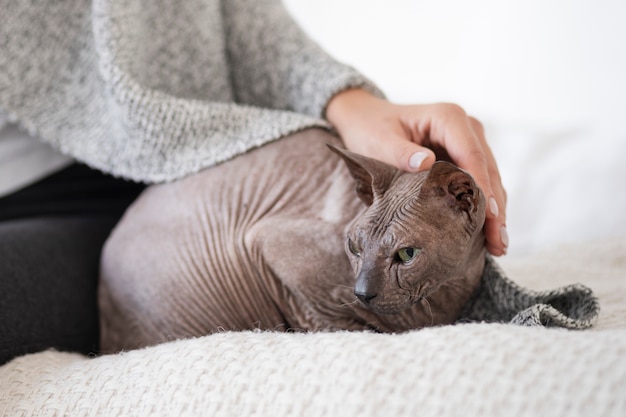
Sphynx Cat Breed Information
CATS & KITTENSSphynx Cat Breed InformationThe Sphynx cat, instantly recognizable for its lack of a traditional coat, is a captivating breed that charms owners with ...
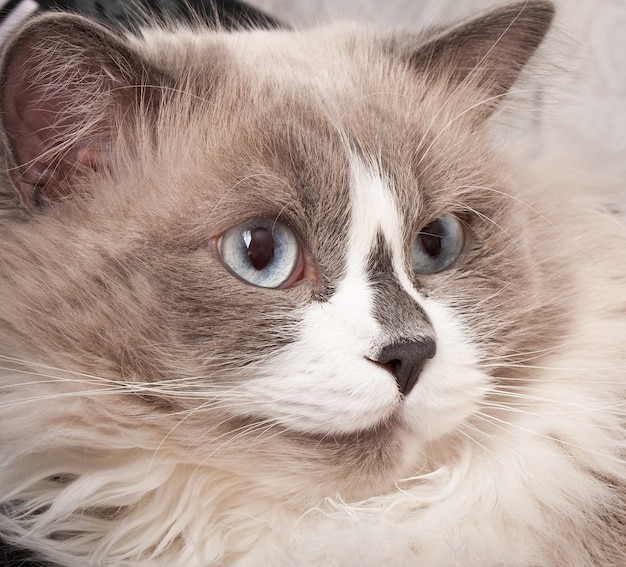
Munchkin Cat Breed Information
CATS & KITTENSMunchkin Cat Breed InformationThe Munchkin cat, instantly recognizable for its charmingly short legs, is a breed that captivates many with its unique ...
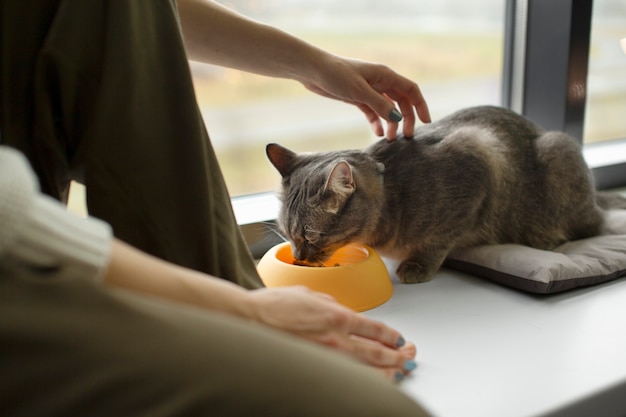
what do cats eat?
CATS & KITTENSThis comprehensive guide delves into the essential aspects of feline nutrition, providing vital information for cat owners seeking to ensure their pet...
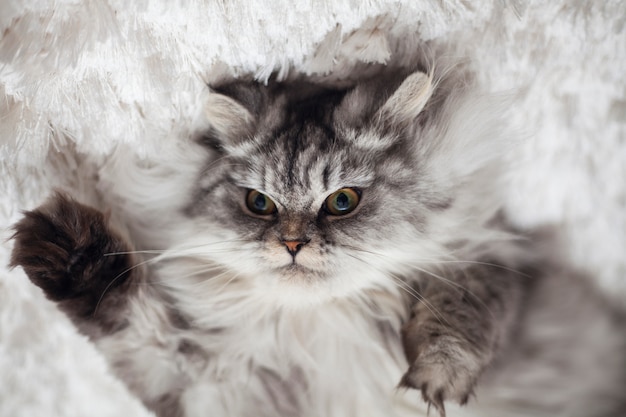
Persian Cat Characteristics and Temperament
CATS & KITTENSPersian Cat Characteristics and TemperamentPersian cats, with their captivatingly luxurious coats and serene demeanour, hold a special place in the he...
Latest articles
-

Sphynx Cat Breed Information
CATS & KITTENSSphynx Cat Breed InformationThe Sphynx cat, instantly recognizable for its lack of a traditional coat, is a captivating breed that charms owners with ...
-

Savannah Cat Information
CATS & KITTENSSavannah Cat Information: A Comprehensive GuideSavannah cats, a captivating hybrid breed resulting from the crossbreeding of a domestic cat and a serv...
-

Persian Cat Characteristics and Temperament
CATS & KITTENSPersian Cat Characteristics and TemperamentPersian cats, with their captivatingly luxurious coats and serene demeanour, hold a special place in the he...
-

Munchkin Cat Breed Information
CATS & KITTENSMunchkin Cat Breed InformationThe Munchkin cat, instantly recognizable for its charmingly short legs, is a breed that captivates many with its unique ...
-
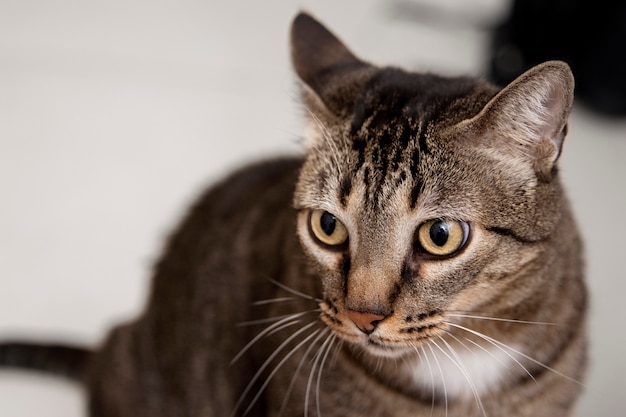
What are the Different Cat Breeds
CATS & KITTENSWhat are the different cat breeds?The world of feline breeds is incredibly diverse! Forget just tabby cats and ginger cats; there's a breathtaking ar...
